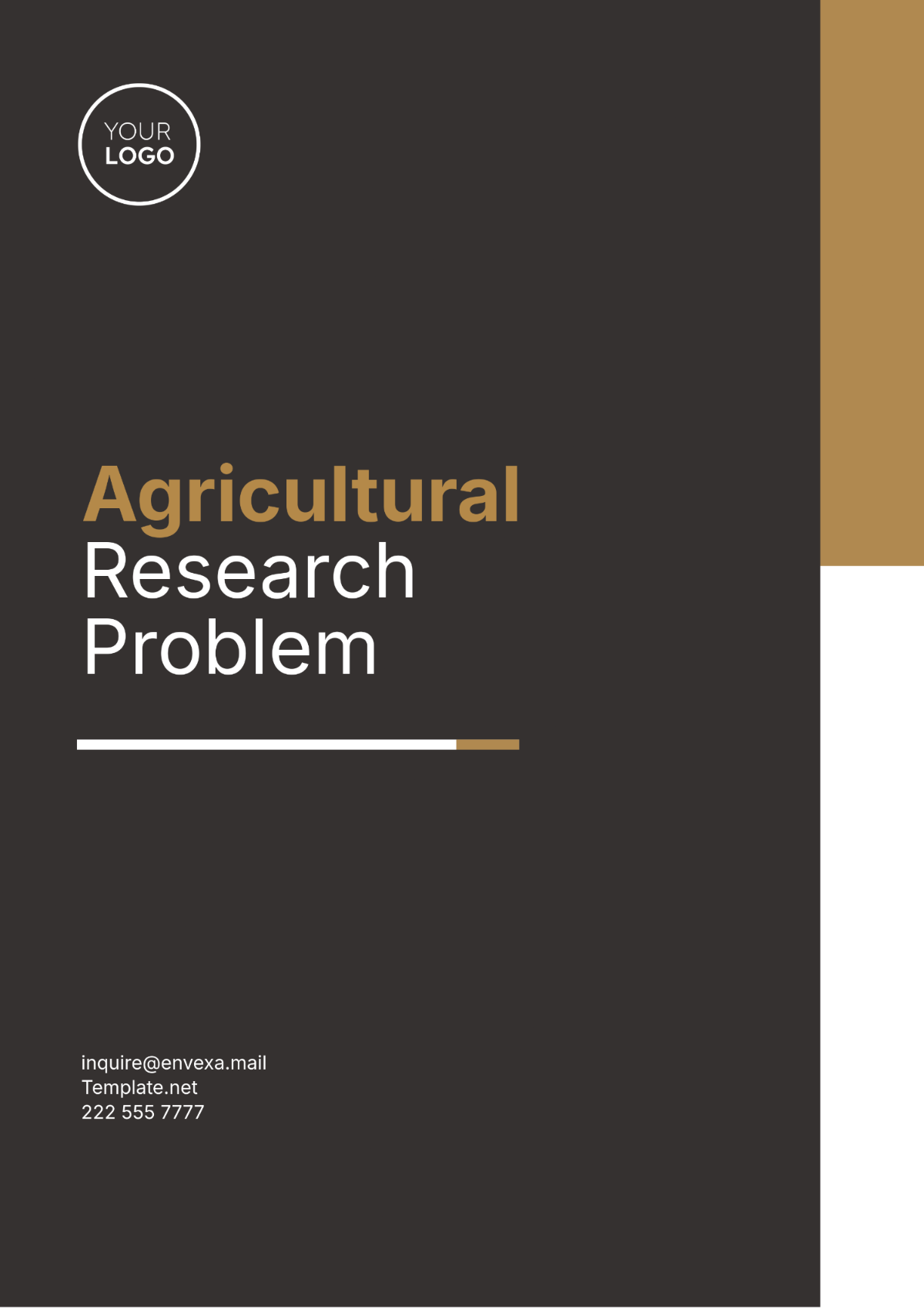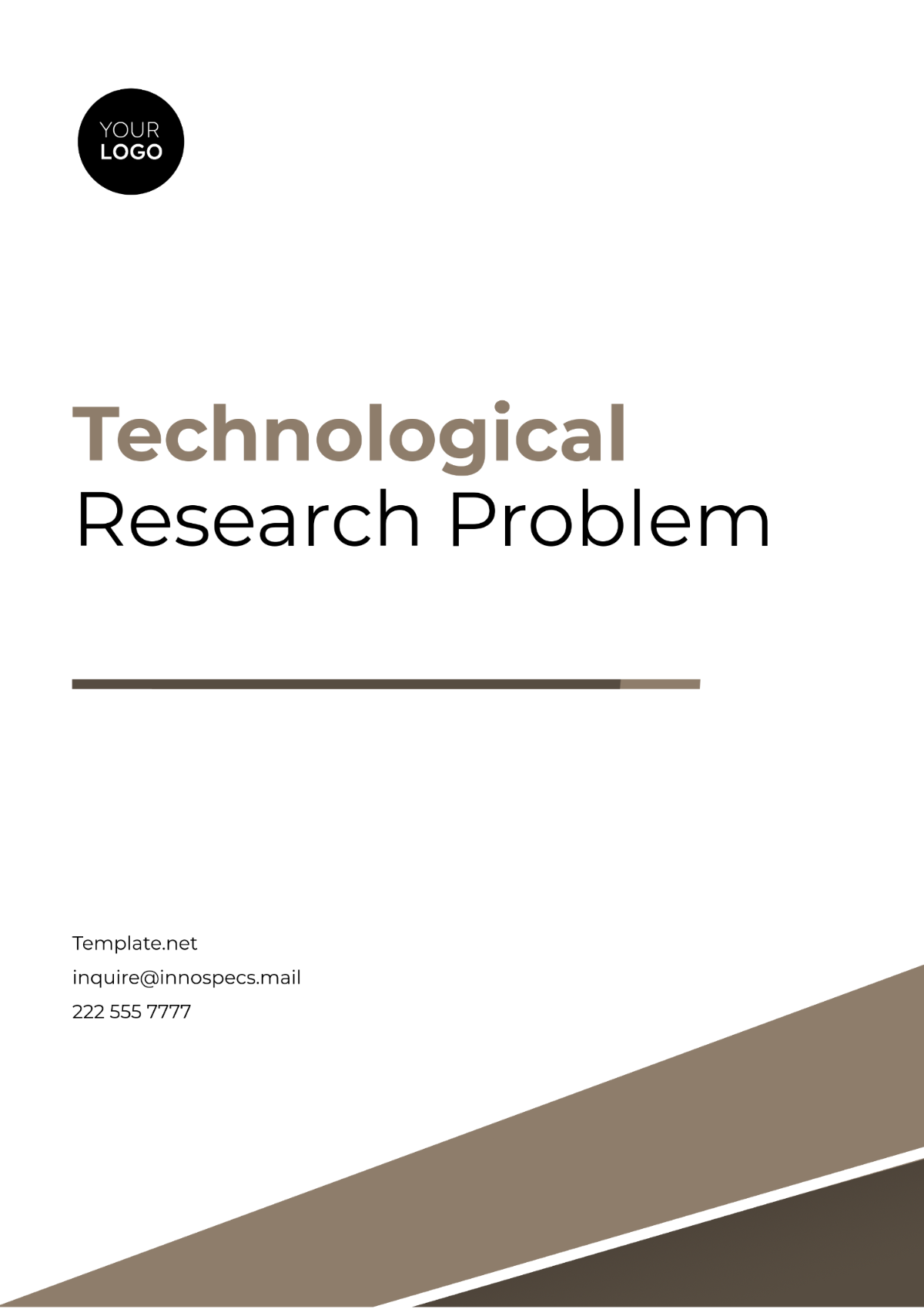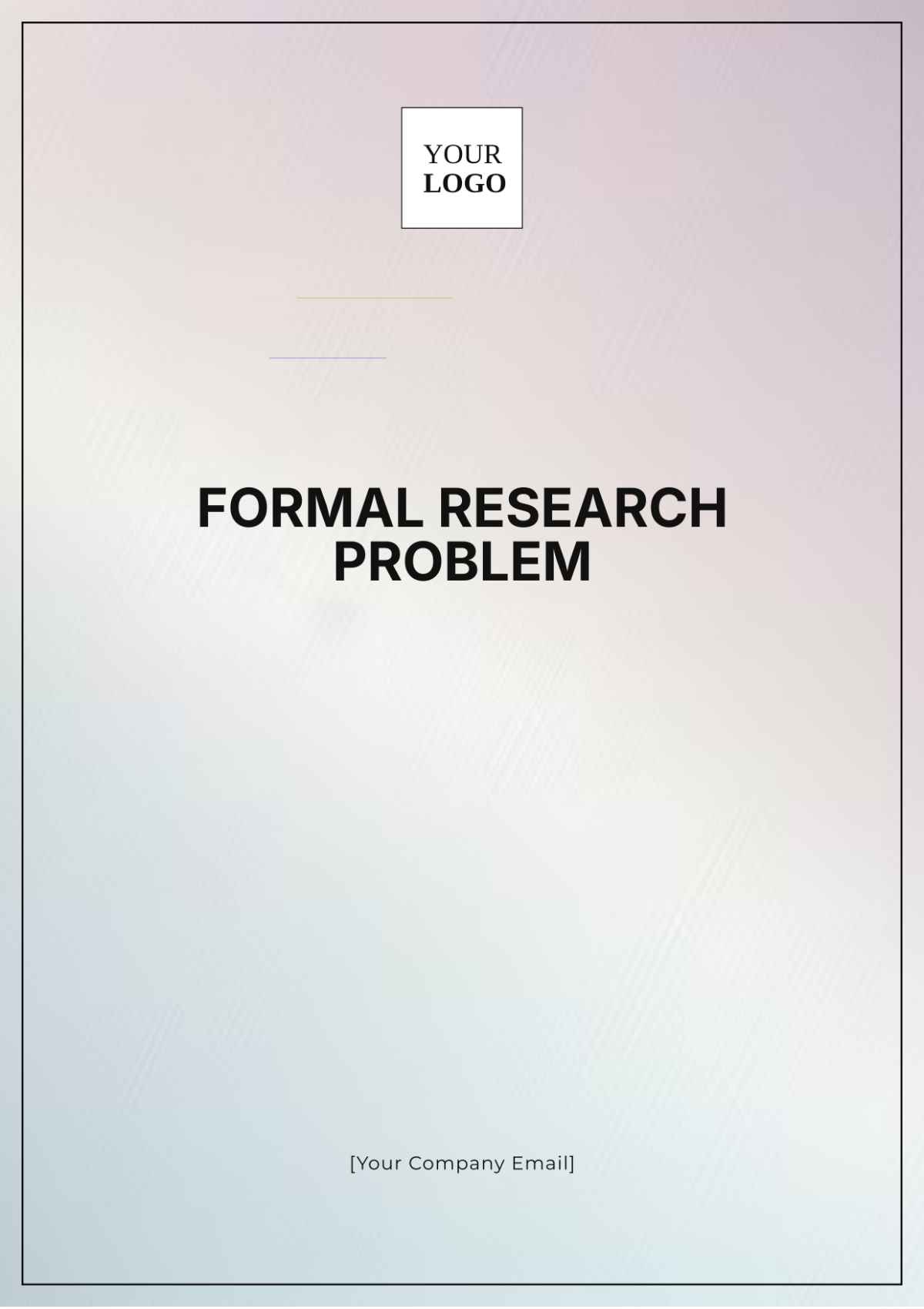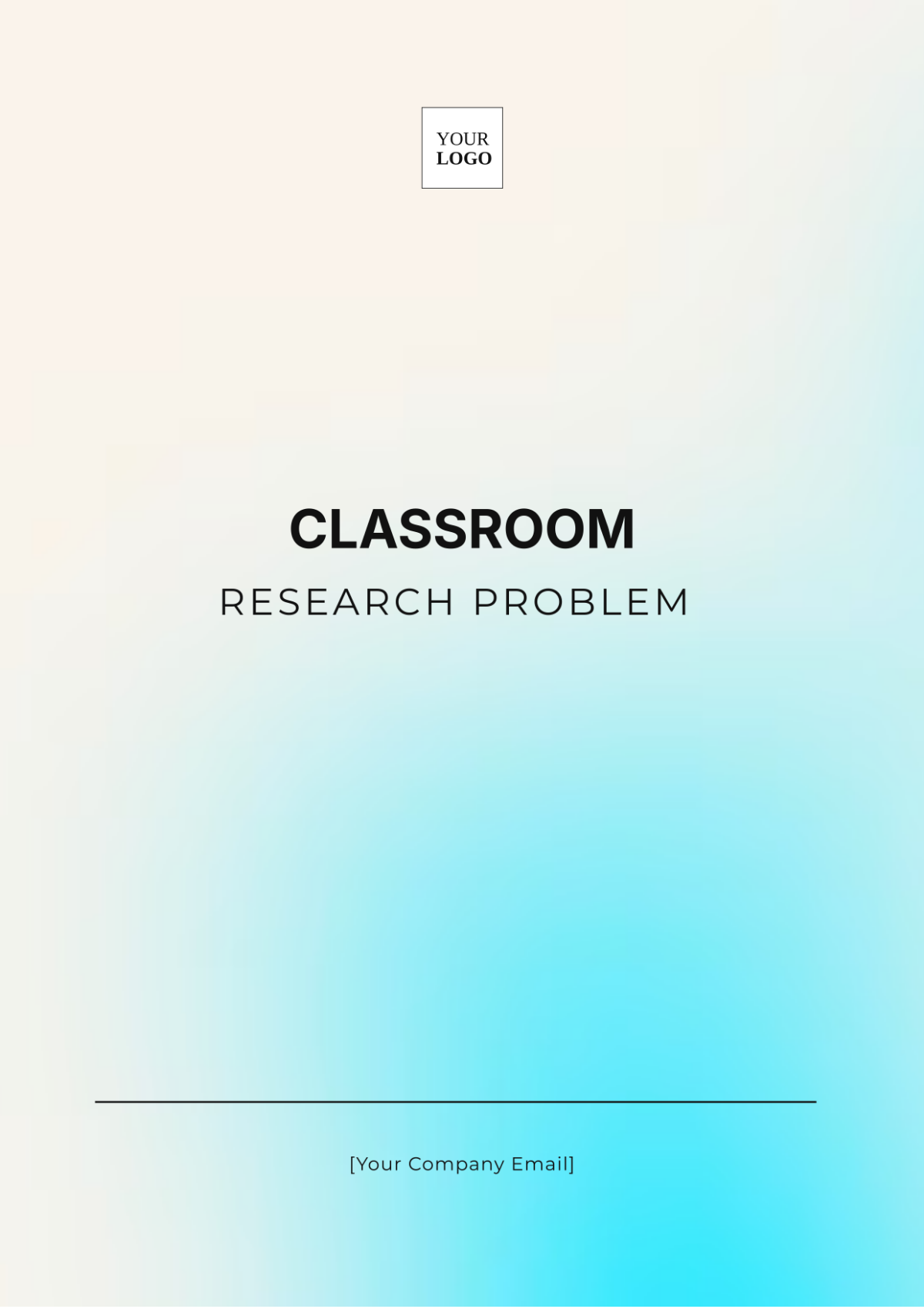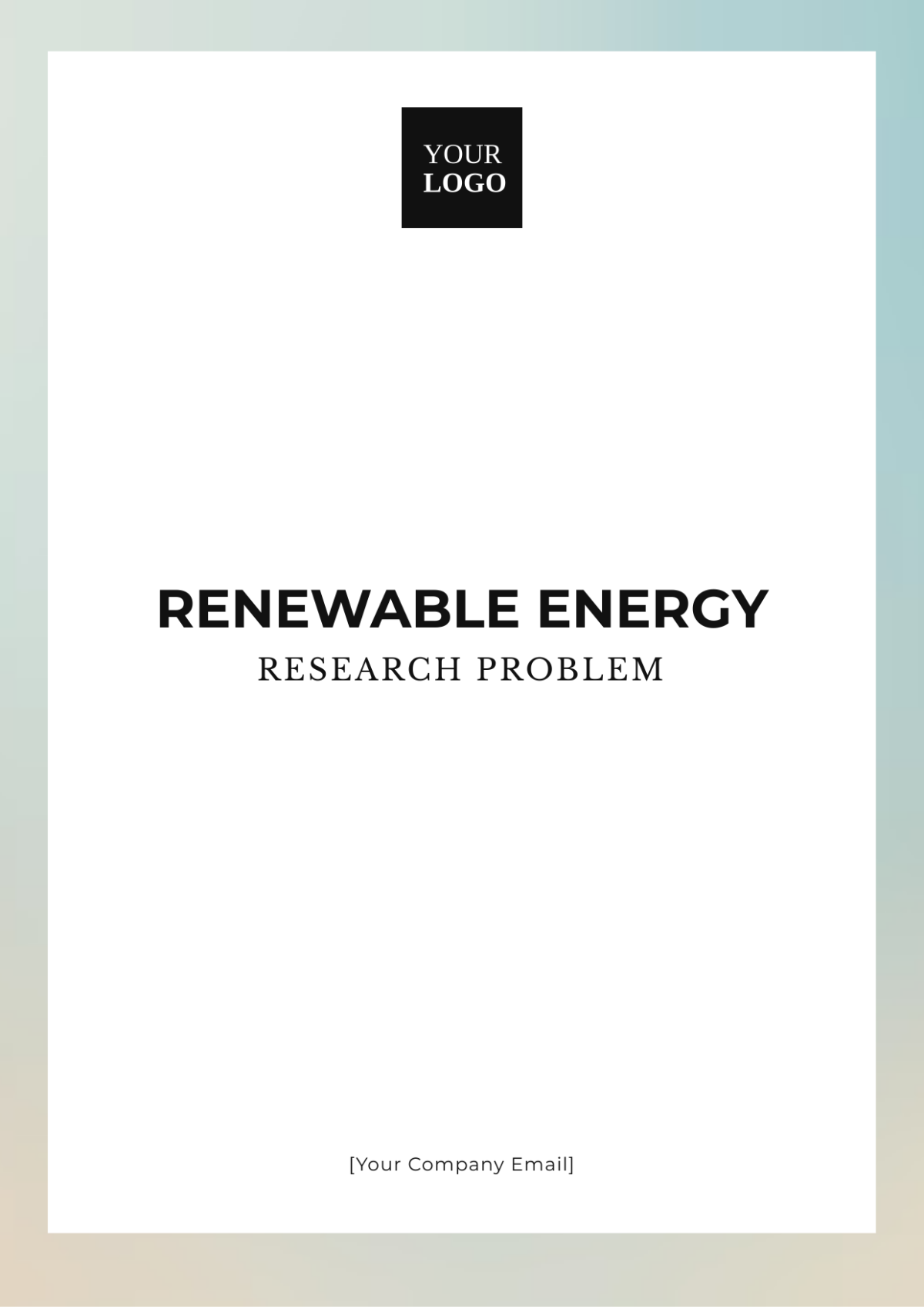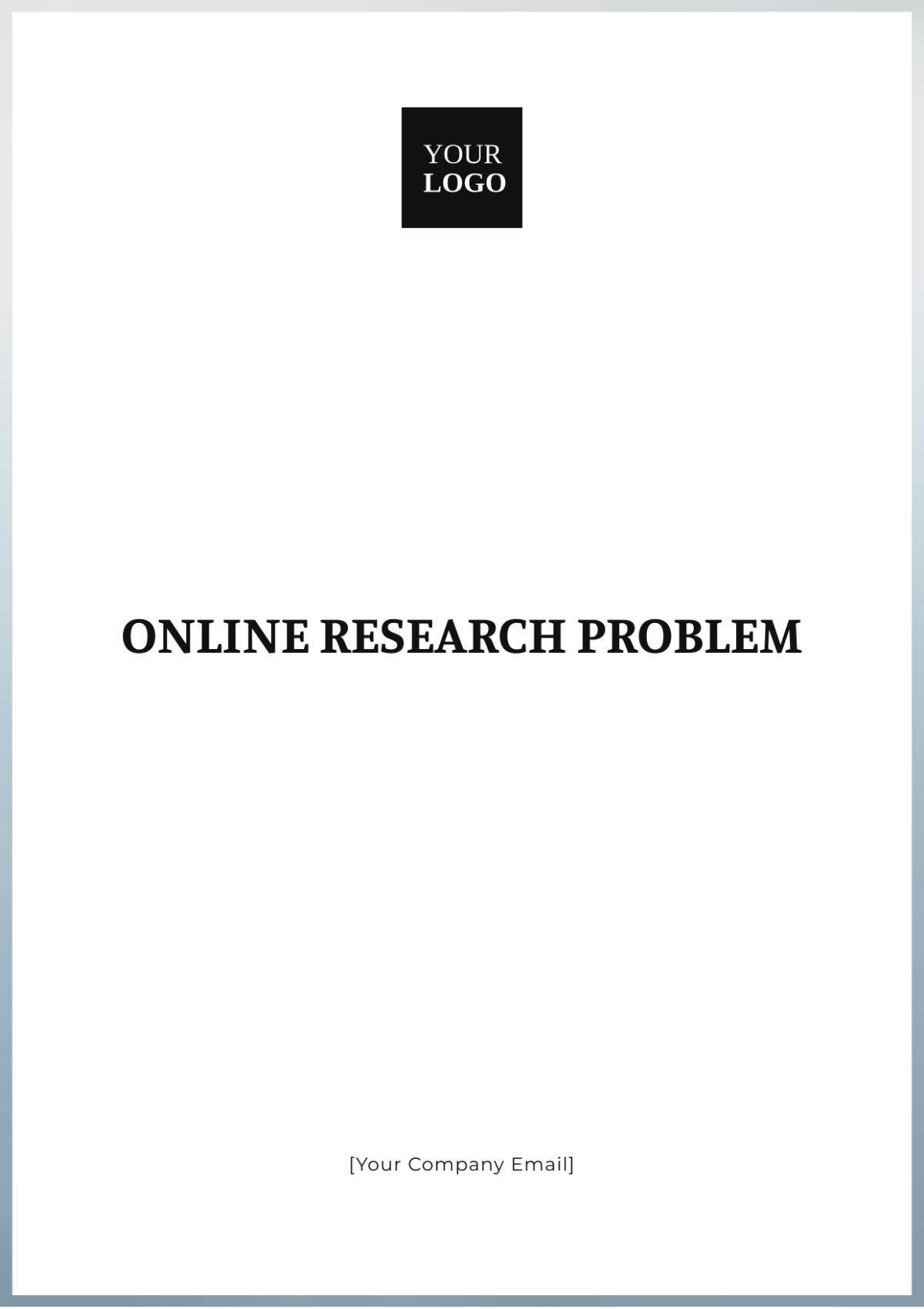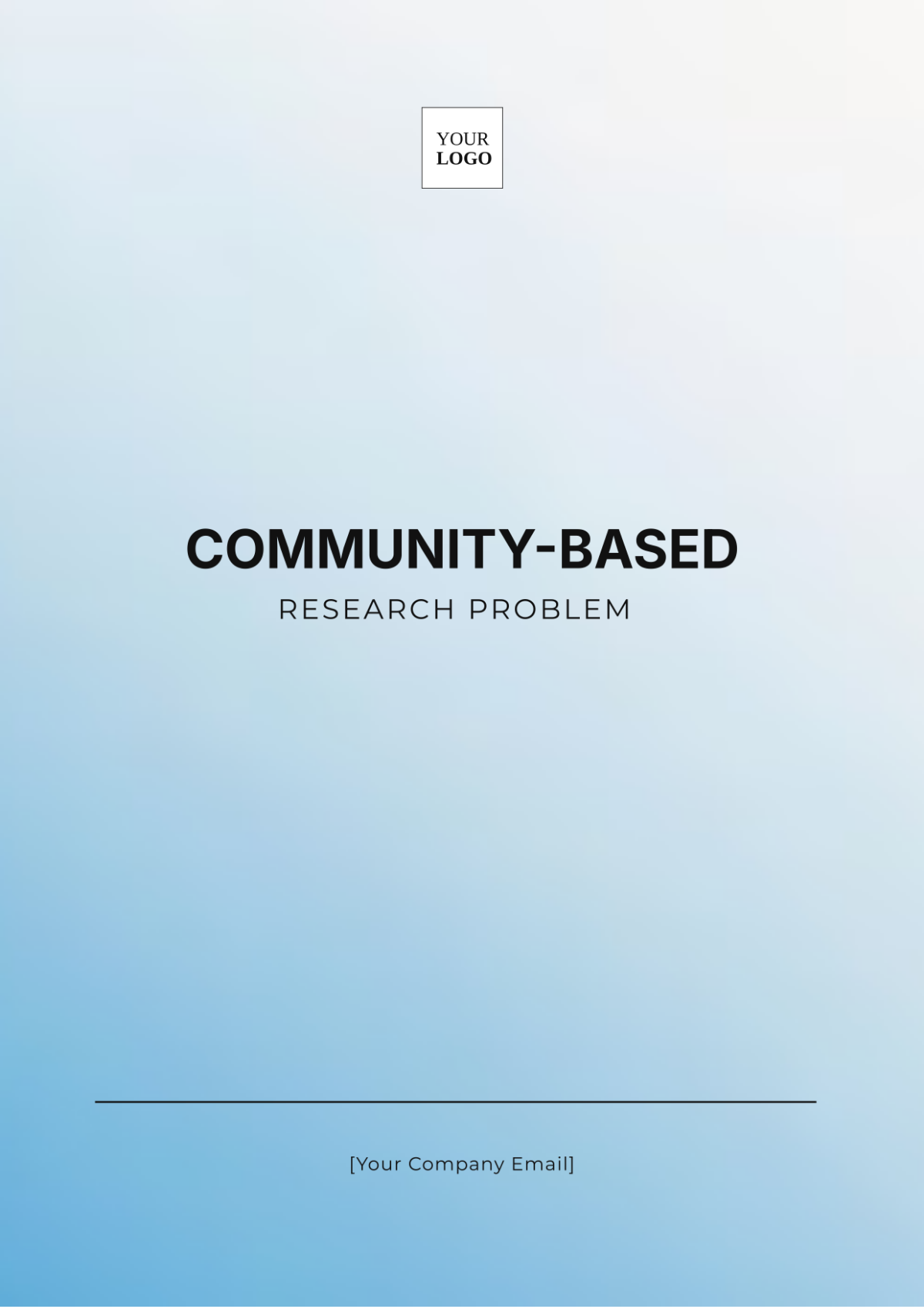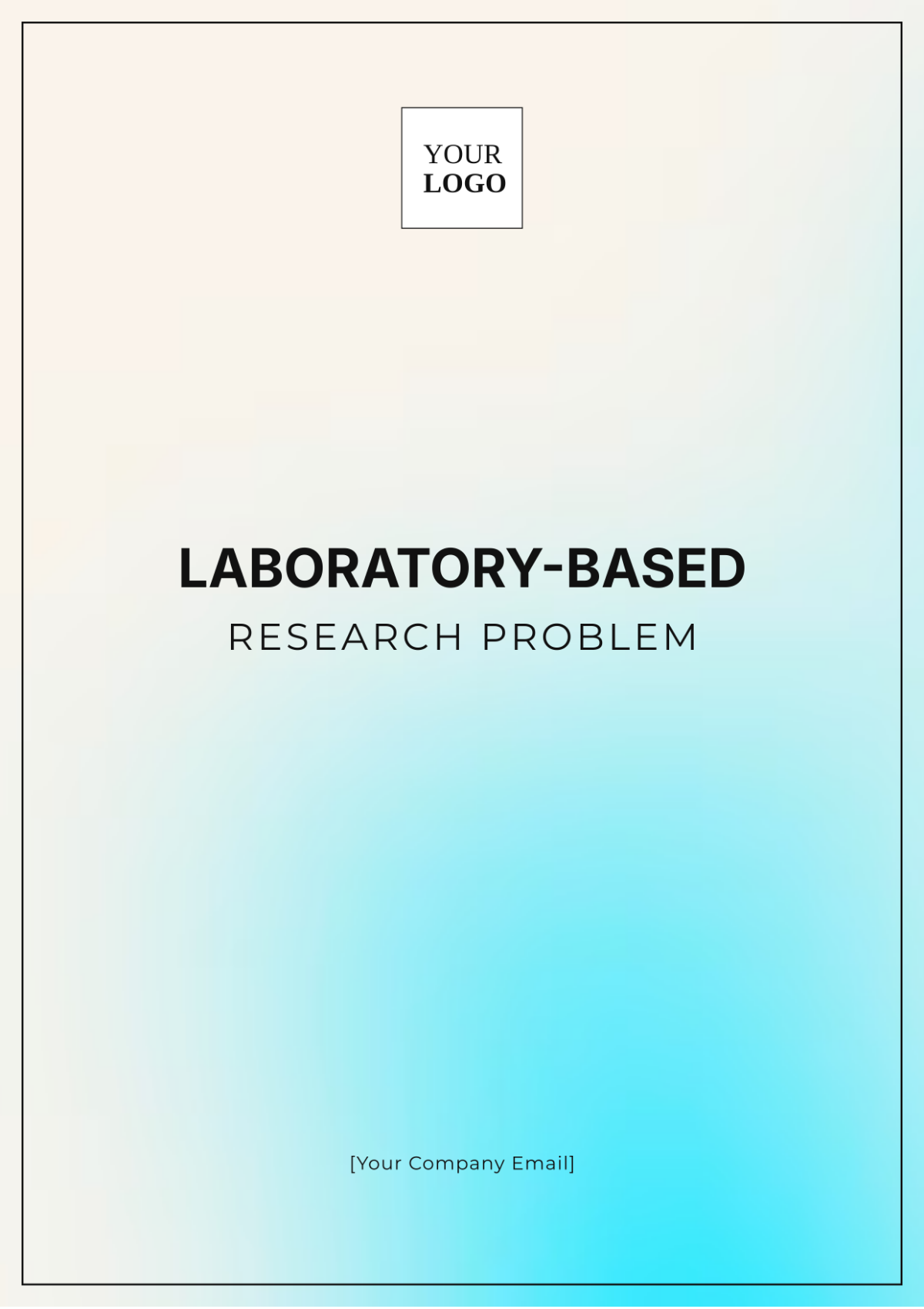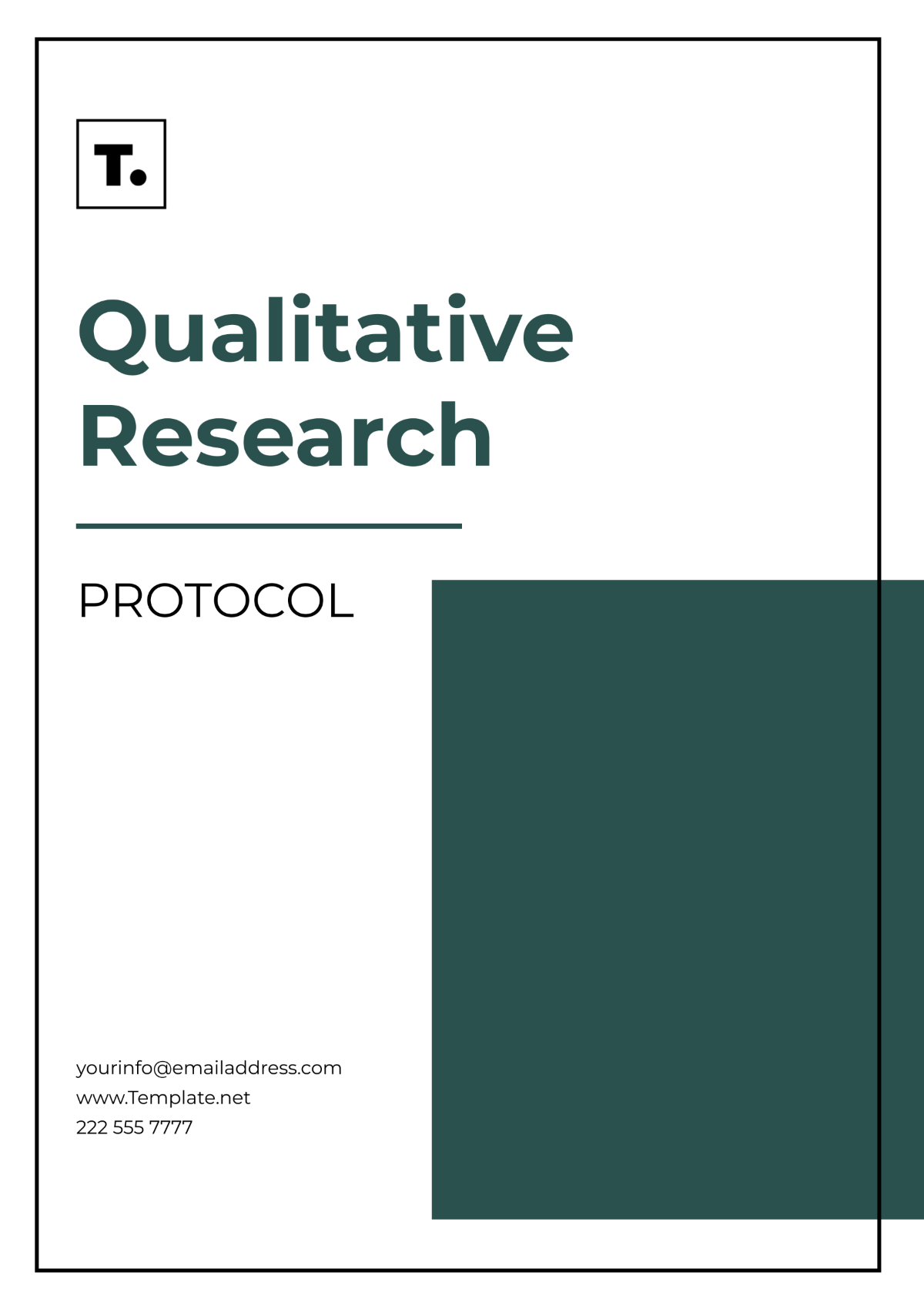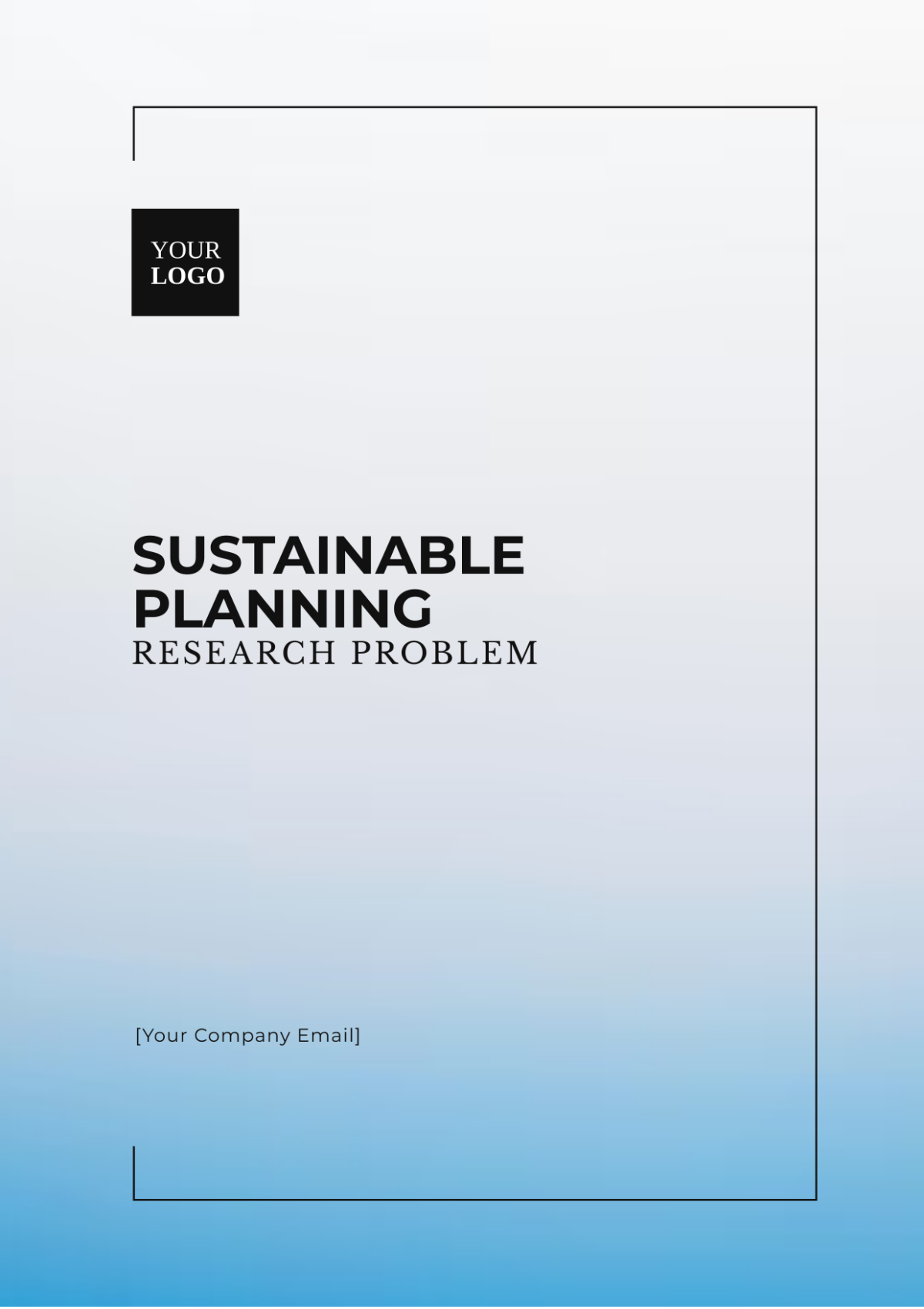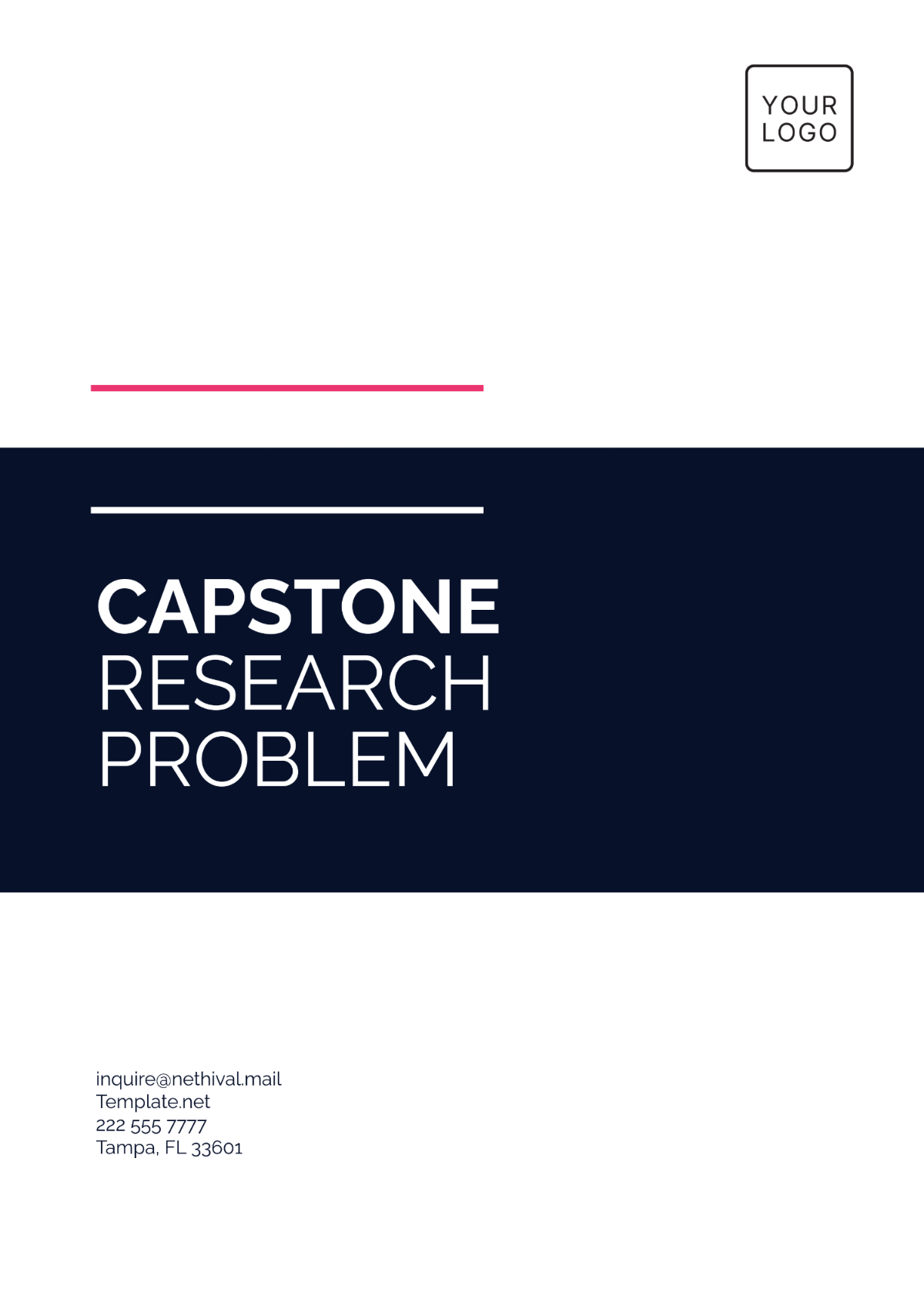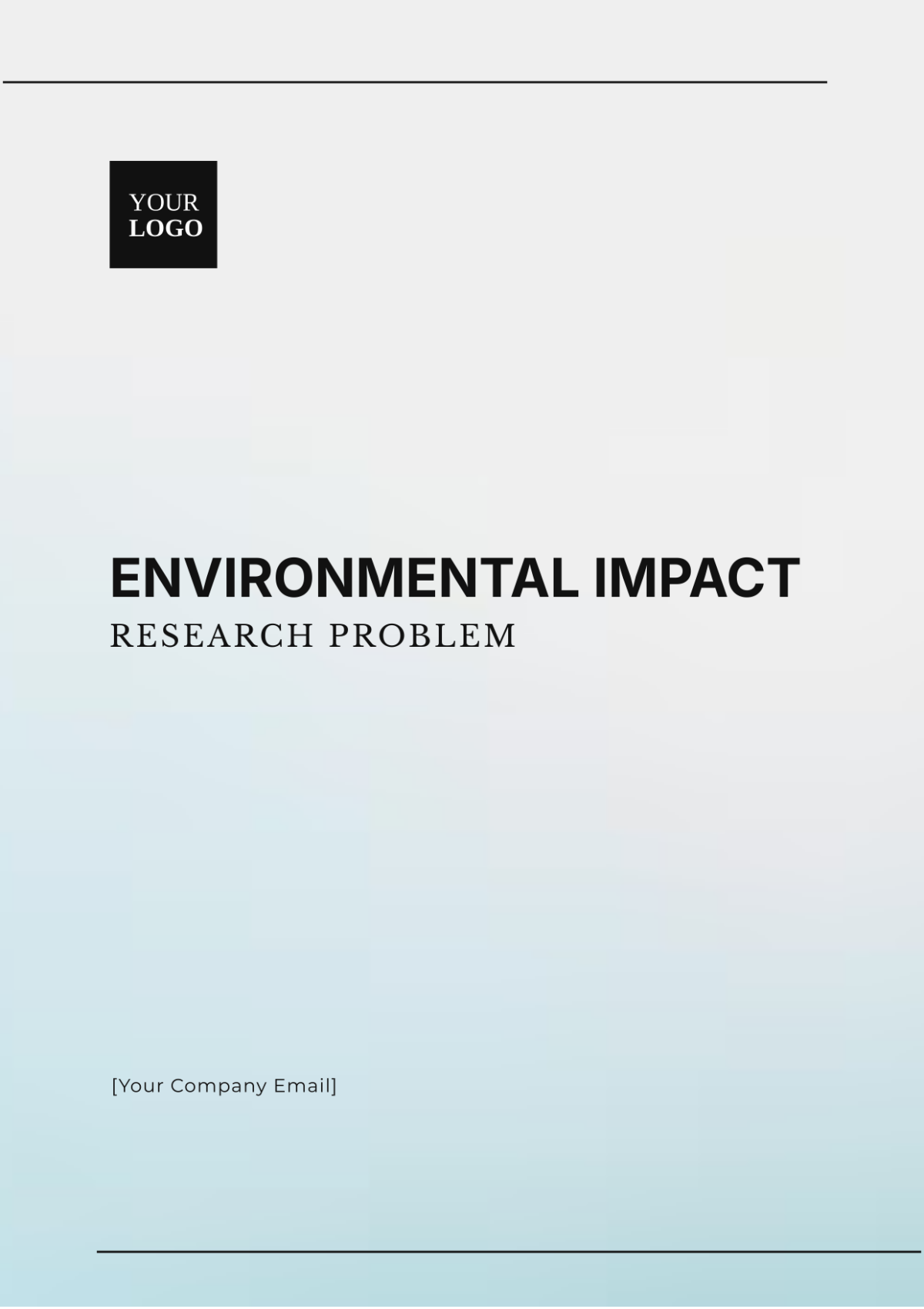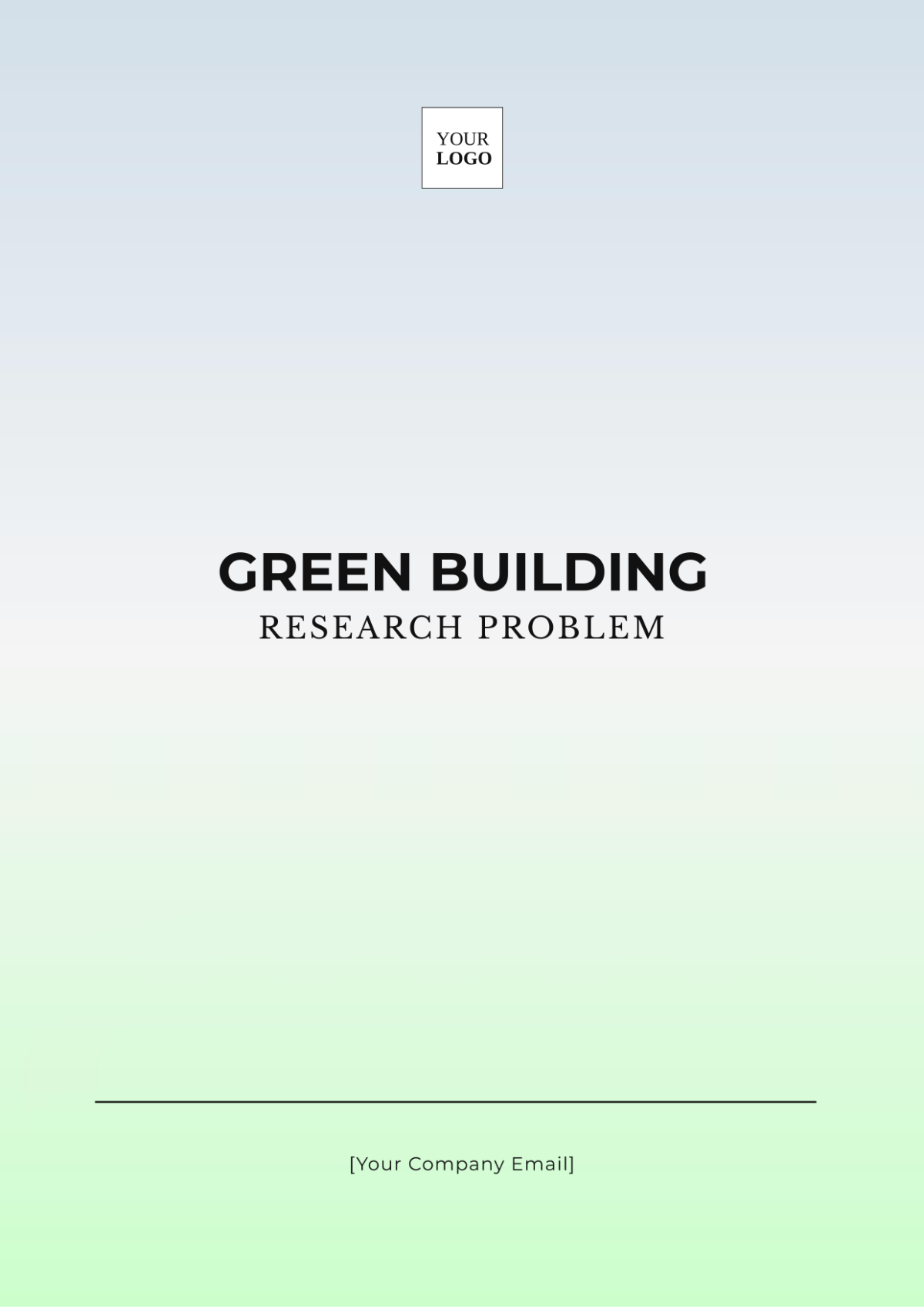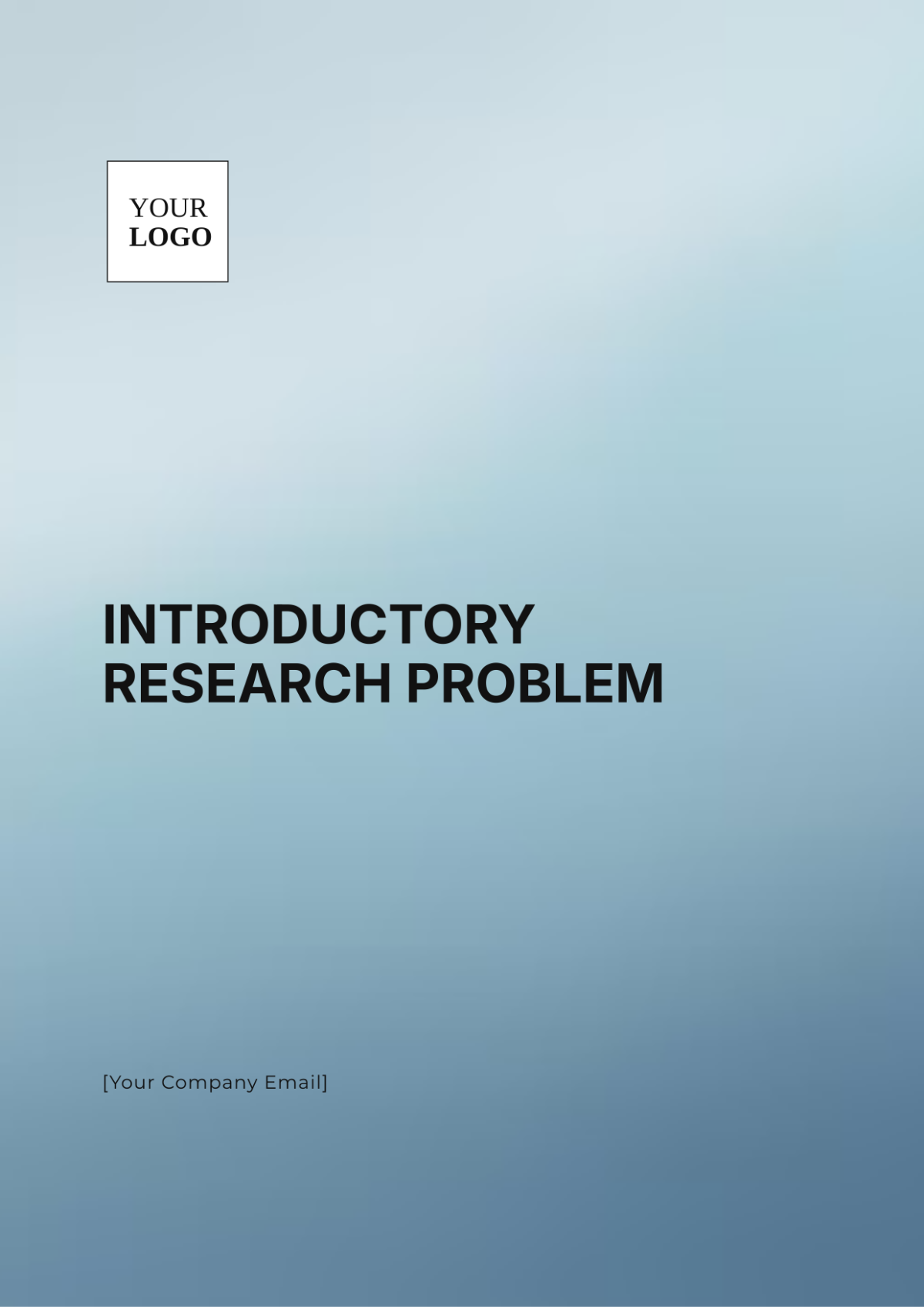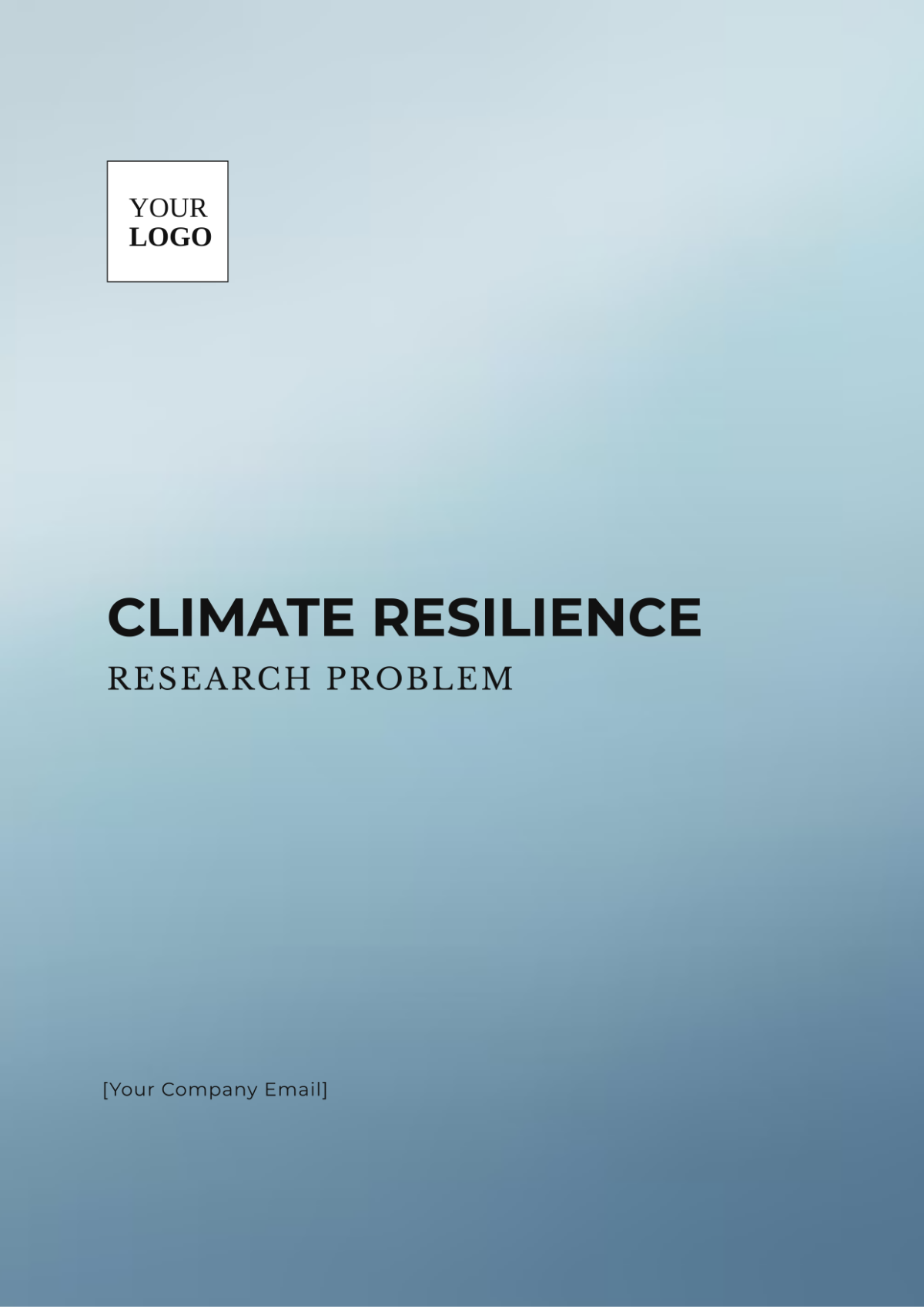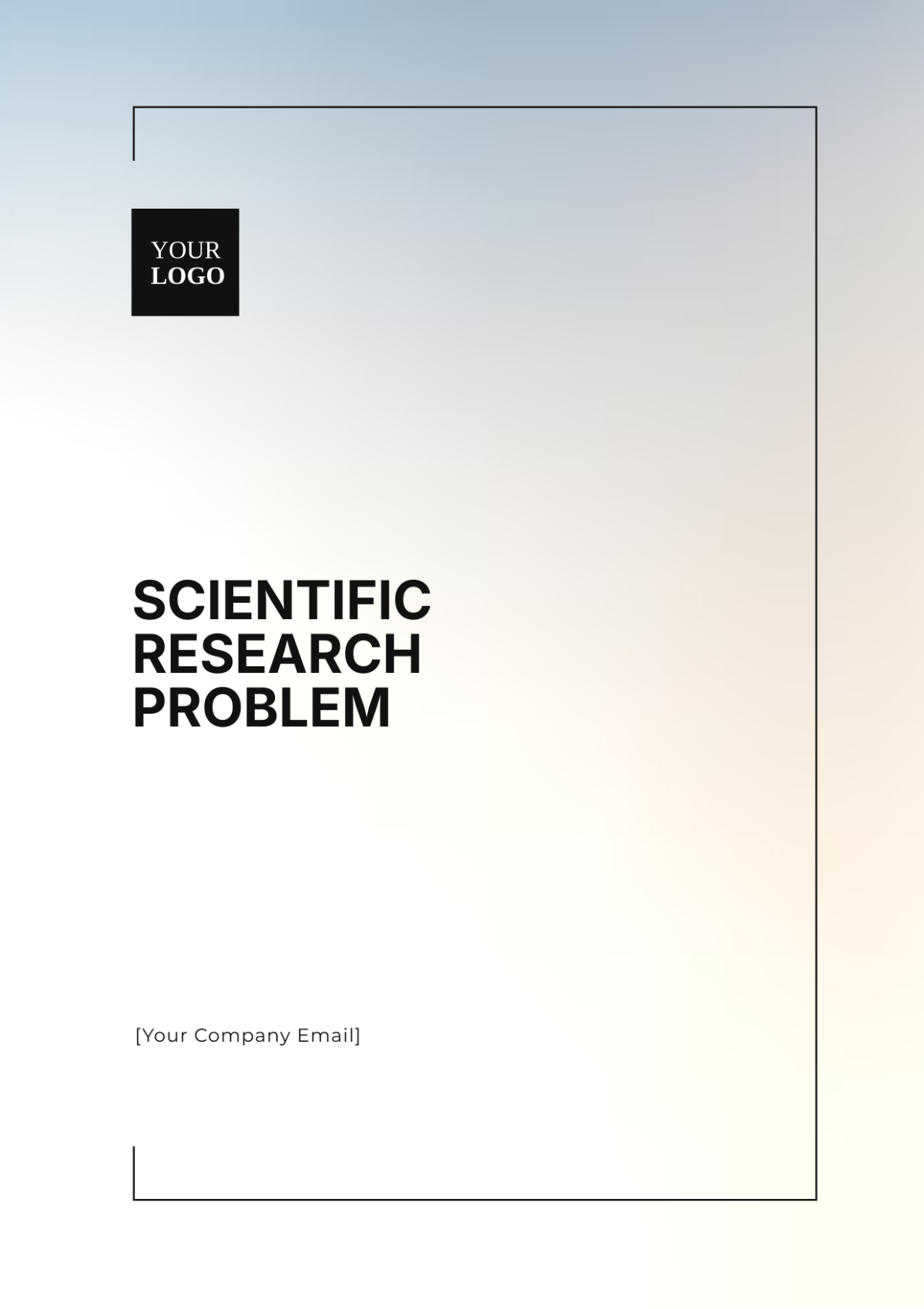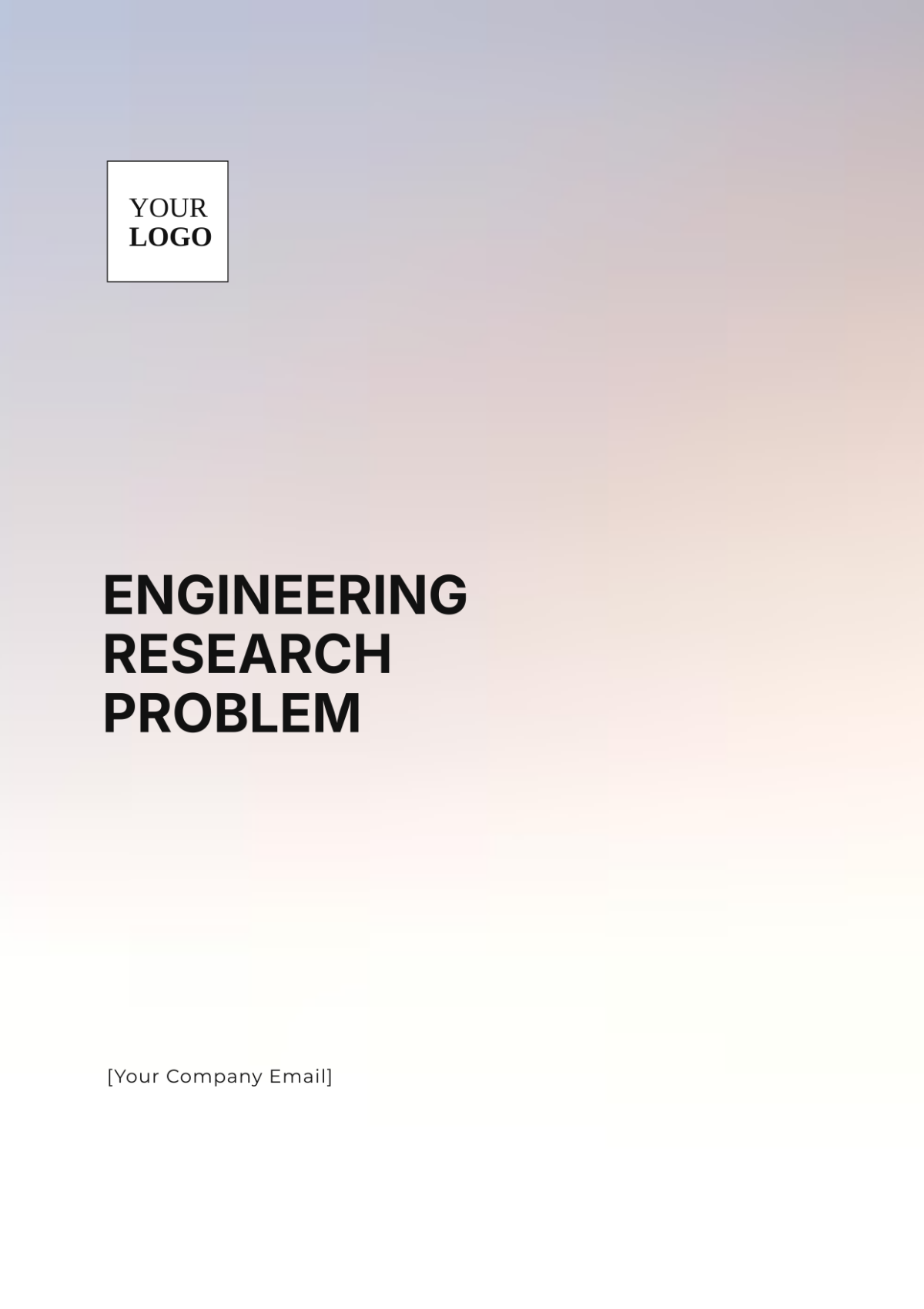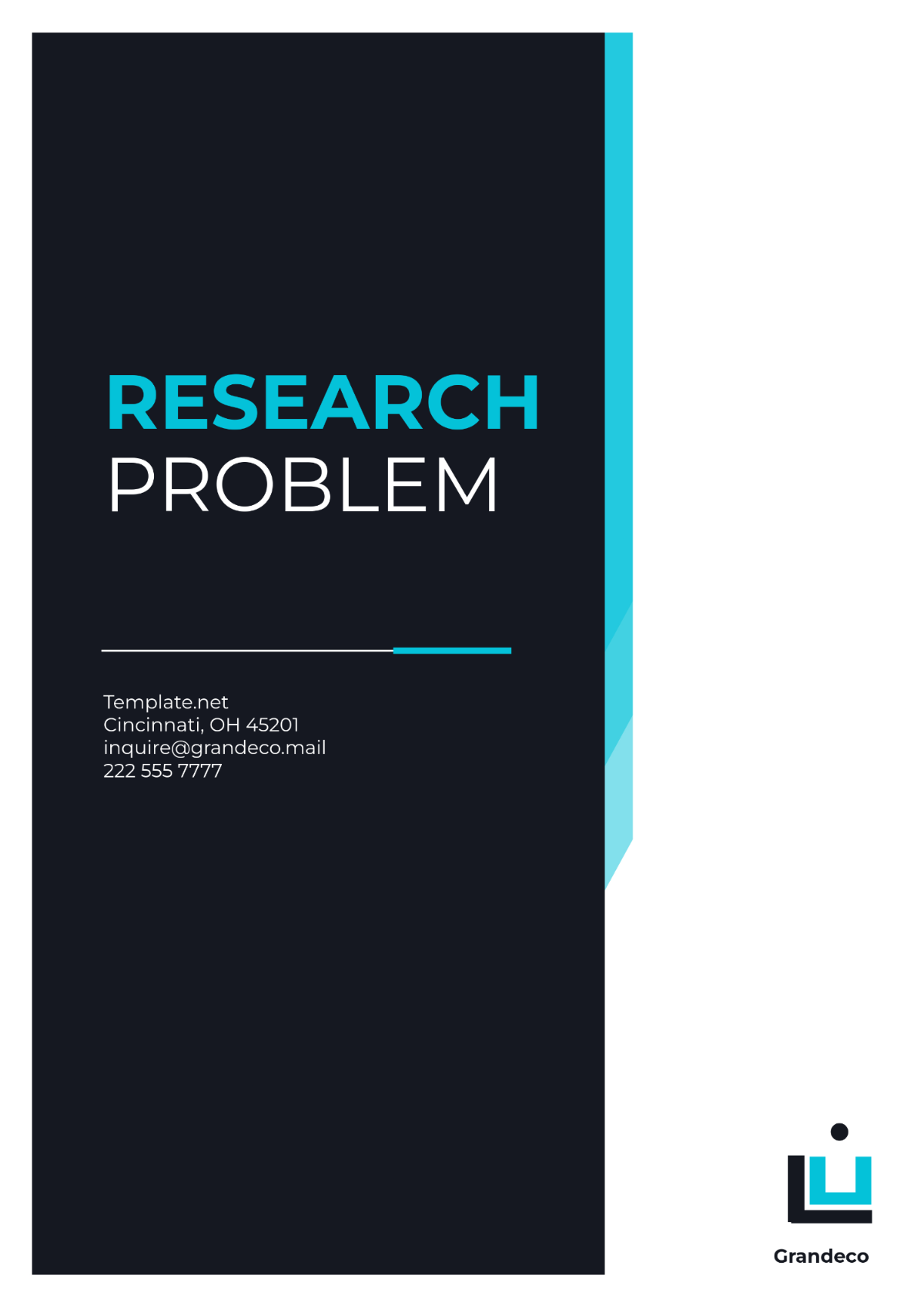Sample Academic Research
Abstract
This research explores the impact of social media usage on students' academic performance. By analyzing data collected from a sample of 500 students across various universities, the study aims to understand the correlation between social media activity and academic outcomes. The results suggest that high social media usage is associated with lower academic performance, though the impact varies across different platforms and usage patterns.
I. Introduction
i. Background
Social media has become an integral part of students' lives, with platforms like Facebook, Instagram, and Twitter influencing various aspects of their daily activities, including academic performance. Despite the widespread use of social media, its effects on academic achievement remain a topic of debate.

ii. Research Problem
The primary problem addressed in this research is understanding how different types and amounts of social media use impact students' academic performance.
iii. Objectives
To determine the relationship between social media usage and academic performance.
To identify which social media platforms have the most significant impact on academic outcomes.
To explore potential factors that moderate the effects of social media on academics.
iv. Hypothesis
High levels of social media usage are negatively correlated with academic performance, with varying effects based on the type of social media platform used.
II. Literature Review
i. Previous Studies
Previous research indicates mixed results regarding social media's impact on academic performance. Some studies suggest that excessive social media use detracts from study time, while others propose that it can offer educational benefits when used effectively.
ii. Theoretical Framework
This research is grounded in the Social Learning Theory and the Displacement Hypothesis, which provide a basis for understanding how social interactions on social media might affect academic behavior and performance.
III. Methodology
i. Research Design
A quantitative research design was employed, utilizing surveys to gather data on social media usage and academic performance from a sample of 500 university students.
ii. Participants/Subjects
The study sampled 500 students from five universities, ensuring a diverse representation in terms of age, gender, and academic discipline.
iii. Data Collection
Data were collected using an online survey, which included questions about social media usage patterns and academic performance metrics such as GPA and study hours.
iv. Data Analysis
Statistical analyses, including correlation and regression tests, were used to examine the relationship between social media usage and academic performance.
Results
The analysis revealed a negative correlation between high social media usage and academic performance. Specifically, students who spent more than three hours per day on social media had lower GPAs compared to those with less usage. Instagram and Facebook were found to have the most significant negative impact on academic outcomes.

Discussion
i. Interpretation of Results
The results indicate that excessive use of social media, particularly Instagram and Facebook, can negatively affect academic performance by displacing study time and decreasing concentration.
ii. Limitations
The study's limitations include potential response biases from survey participants and the inability to account for all variables that might influence academic performance, such as extracurricular activities.
iii. Future Research
Future research should explore the impact of specific social media activities and investigate interventions to mitigate the negative effects on academic performance.
Conclusion
The study concludes that high social media usage is associated with lower academic performance. Institutions should consider strategies to help students manage their social media use to balance academic and social activities.
References
Smith, J., & Jones, A. (2052). The Influence of Social Media on Academic Performance. Journal of Educational Psychology, 115(3), 456-472.
Brown, L. (2051). Social Media and Student Engagement: A Meta-Analysis. Educational Research Review, 29(4), 789-802.
Appendices
i. Appendix A: Survey Questionnaire
Includes the full survey instrument used to collect data for this research.
ii. Appendix B: Data Tables
Contains detailed tables of survey responses and statistical analysis results.
Author: [Your Name]
Email: [Your Emai]
Institution: [Your School]
















